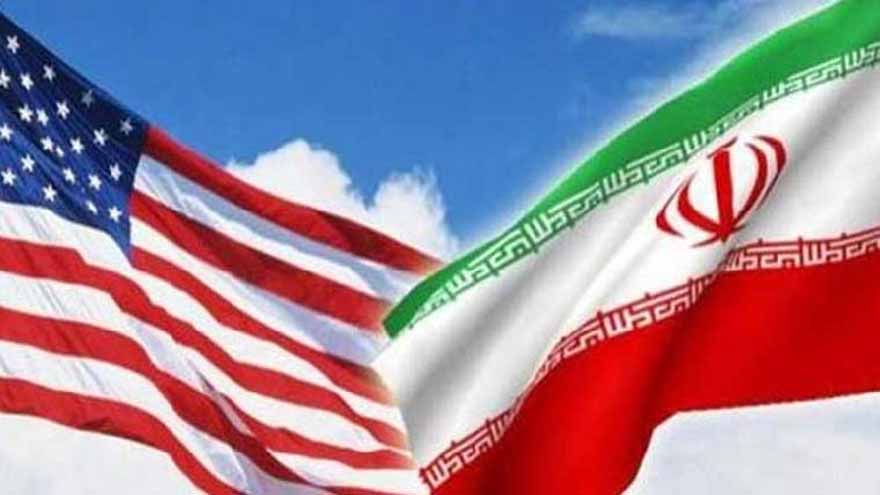Is the US deterring nuclear proliferation, or fueling it?
World
The world today has nine confirmed nuclear-armed states
By Mariam Ellahi
The recent strikes on Iran’s nuclear facilities by the United States and Israel have sparked a serious and sharply divided global debate.
On one side, proponents argue that the military operation, ordered under the leadership of President Donald Trump, was not only aimed at halting Iran’s nuclear progress but also intended to send a bold and decisive message: any country that attempts to develop illegal nuclear weapons will be stopped, if necessary, through force.
According to this line of thought, the US has now set a precedent that will dissuade other nations from following Iran’s path.
States contemplating the pursuit of nuclear weapons for their own survival will now be forced to reflect on Iran’s fate, a nation that spent four decades and an estimated $500 billion on its nuclear program, only to see its infrastructure reduced to rubble in a single night. Supporters of this doctrine argue that this harsh reality might actually help make the world a safer place.
On the other hand, an increasingly compelling counter-narrative has emerged: that this strike sends a different and more troubling signal.
According to international analysts, the attack may be interpreted by non-nuclear states as proof that even a country fully compliant with international law is not immune from strikes by nuclear powers.
The logic this fuels is dangerous: if a non-nuclear state like Iran can be openly targeted, what is stopping vulnerable or militarily weaker states from now feeling compelled to acquire nuclear weapons as a means of ensuring their security and sovereignty?
Also Read: The US and Iran have had bitter relations for decades. After the bombs, a new chapter begins
Even some of America’s allies are reportedly shaken by growing uncertainty, asking whether they can truly depend on US defence commitments. If the answer is no, what option remains for them other than deterrence through nuclear capability?
Adding further concern, the world today has nine confirmed nuclear-armed states. However, dozens of countries possess the technological and economic capacity to become nuclear powers themselves. If current dynamics persist, this number could double in the next two decades.
This risk has been underscored by US Chairman of the Joint Chiefs of Staff, General Dan Caine, who recently warned that even nuclear proliferation among allies severely limits America’s ability to manage escalation and strategic stability.
He further noted that such trends may incentivize adversaries to modernize and expand their nuclear arsenals, while also damaging the credibility of global nonproliferation frameworks such as the Nuclear Non-Proliferation Treaty (NPT).
In the end, the central question remains: is the United States truly strengthening the global nonproliferation regime, or is its new preemptive posture - intended or not - actually undermining it?
The world now stands at a crossroads. Whether it moves toward greater security or spirals into another era of unchecked nuclear ambition will depend not only on policy decisions but on the international community’s interpretation of what just unfolded in Iran.



